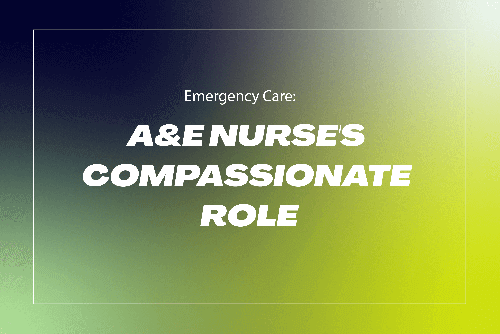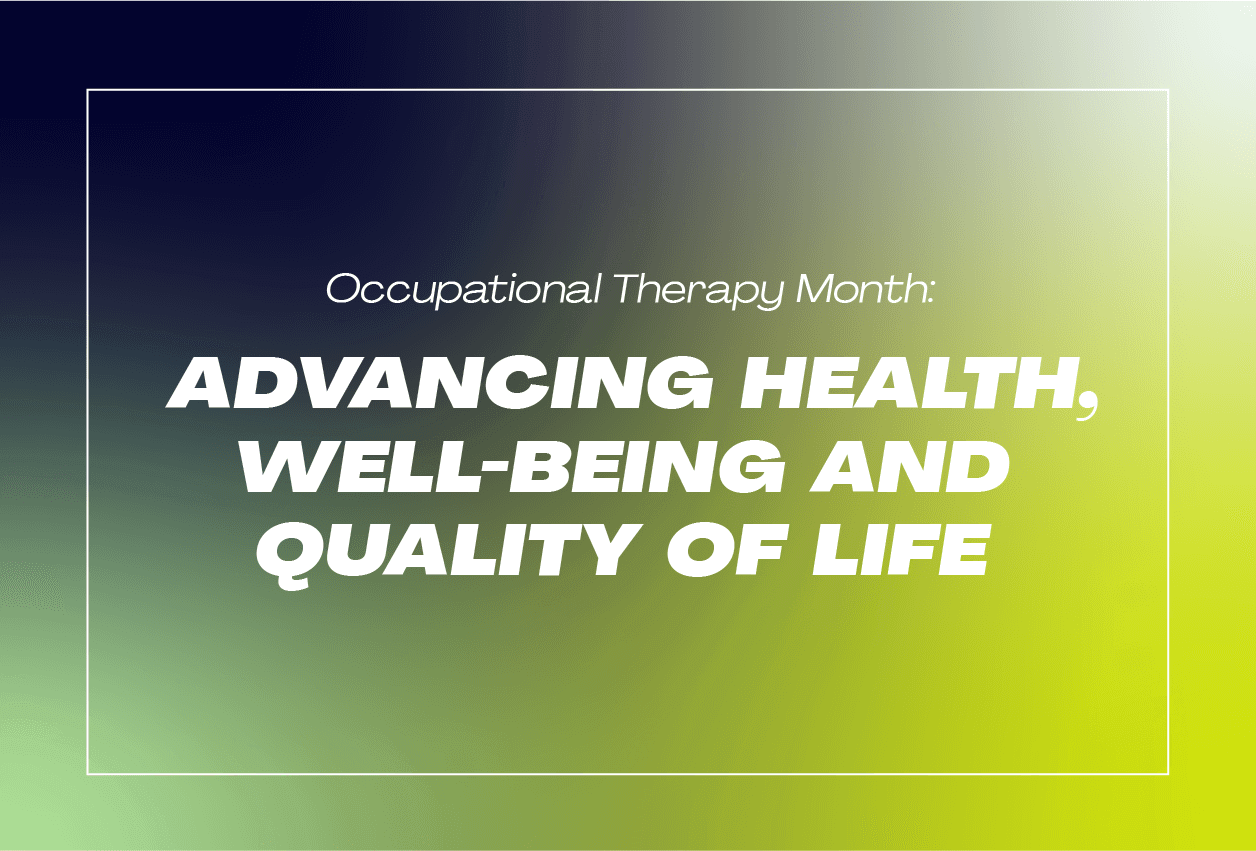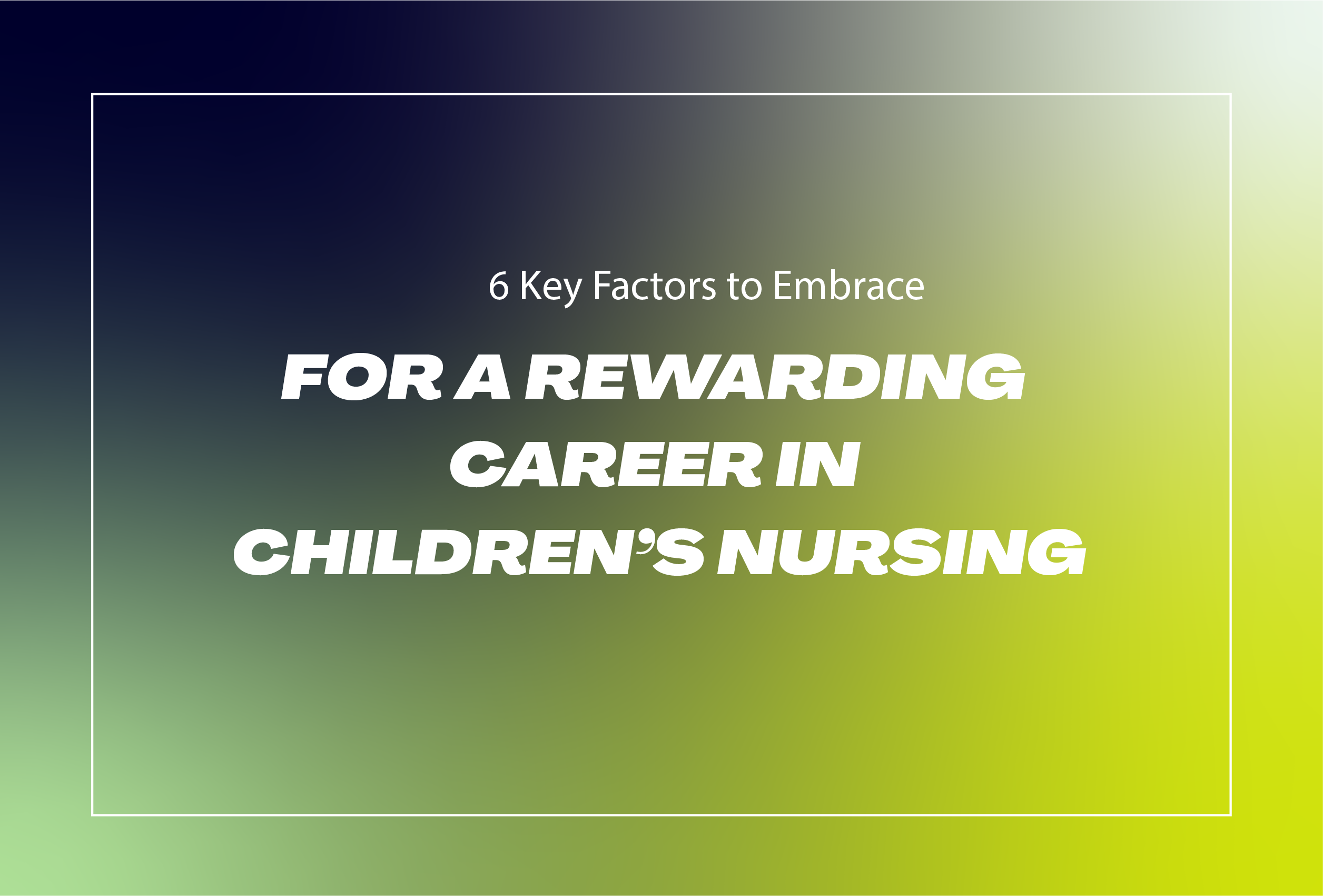By Rachel Lamb . 02/03/2018 · 9 Minute read
On average, 149 weeks pass before those experiencing eating disorder symptoms seek help. I was extremely fortunate that my friends and family forced me into receiving help sooner and before my situation could hit rock bottom. However, this isn't the case for everyone.
A bit about me
Anyone who has known me at any stage of my life could tell you that I am OBSESSED with food, and obsessed is definitely the right word. No other subject lights me up the way talking about food does.
I'm just over 5ft11 and have always been very sporty. My first love was trampolining, which I trained in 3-4 times a week as a teenager and also coached - I loved it that much! These things considered, you can only imagine the amount of food I needed to keep me going when growing up. However, I'd never had anyone explain to me that factors such as these meant my body needed a higher calorie intake than other people my age.
I ate constantly and was proud of the fact that I could out-eat everyone I knew and not put on a pound. But one day, when I was about 16, I suddenly panicked. Multiple family members had problems with their weight so I worried that one day my eating habits would catch up with me and I would lose control.
A friend at school and I decided to start 'eating healthy', by which we meant that we were going to eat more fruit and veg. Things began to get competitive between us and each day we were coming into school, proud of how small our lunches were. This friend eventually snapped out of it when she realised it was becoming unhealthy, but I continued to spiral.
I began documenting everything I ate in a food diary, and rather than competing with my friend to eat less, I started competing with myself. I was also getting competitive with the scales and was always trying to shed pounds, even though I didn't need to and had no specific goal weight in mind.
"I became a vegetarian, weighed all my food, and wouldn't let anyone serve food for me."
I became a vegetarian, weighed all my food, and wouldn't let anyone serve food for me. I also took up baking all the time but I wouldn't eat anything I had made. I would go to extreme measures to ensure that I ate the bare minimum. I wouldn't pack a lunch if I was going somewhere I knew I wouldn't have access to food or be able to eat what was available; that way, if I was hungry, I couldn't eat anything even if I wanted to.
I've always had very thick hair, and that was now starting to fall out. My beloved trampolining, which had always been the highlight of my week, now required more energy than I could muster and I didn't enjoy it anymore. I'd get lightheaded doing activities as simple as climbing stairs, my periods completely stopped and I thought about food non-stop.

I was 16 years old, weighed 8 stone and was a UK size 6.
Talking is hard - start the conversation
The theme for Eating Disorders Awareness Week is #WhyWait and I think my situation is a perfect example of why you shouldn't. The BMI scale above shows that I got pretty out of control and down to a very unhealthy weight for my height. Thankfully, I got help before the point of needing to be hospitalised.
"It was my uncle and auntie that spotted something was wrong..."
In the end, it was my uncle and auntie that spotted something was wrong and discussed it with my parents. They worked in the TV industry and had seen many people with eating disorders, whereas my parents didn't know the signs.
34% of adults can't name any symptoms of an eating disorder
If my parents had known the signs, I know they would have done something sooner but like many people, they'd never been told what to look for.
Symptoms might include:
- Any of the habits previously mentioned (randomly becoming a vegetarian or vegan is common and a lot of people obsessively bake to keep their mind busy).
- Anorexia: saying they've eaten earlier or will eat later, or that they've eaten more than they really have. Also not being truthful about weight loss or their eating habits, cutting food into tiny pieces, taking weight loss pills, being irritable and doing excessive exercise. Find out more about Anorexia.
- Bulimia: Avoiding mirrors or looking at their body, comparing their body with others, binge eating and purging (vomiting or taking laxatives), being secretive with their eating, hoarding food, having mood swings, compromising their education/employment/social life or feeling anxious and tense around meal times. Find out more about Bulimia.
- Binge Eating Disorder: Buying and hoarding lots of food, eating when not hungry and to the point of discomfort or sickness, eating in private, having mood swings, feeling out of control with food, thinking about food non-stop, low self-esteem and weight gain. Find out more about Binge Eating Disorder.
Some symptoms may cross over and it's common to go from one eating disorder to another. For example, I went from cutting my food to obsessively overeating before I received help.
My experience with CAMHS and an NHS dietitian - thank you!
Once I saw my GP, they confirmed that I needed help; I had high potassium levels and was told that I was eating so 'healthy' that it was unhealthy. They instantly referred me to CAMHS (Child and Adolescent Mental Health Services) as well as to a dietitian.
"Although I was terrified, my nurse and dietitian helped more than I can put into words..."
Although I was terrified and very emotional at the start of my journey, my nurse and dietitian helped more than I can put into words. They were supportive, understanding, never patronised me and taught me so much.
I'm particularly grateful for my dietitian, Alison. She explained things like why I needed to eat a certain amount and how the different food groups work together, so it's important to eat them all. She also stayed in contact with me when I went to university and even let me interview her for my Journalism Degree. Alison made my experience educational rather than making me feel like there was something wrong with me. I always looked forward to seeing her.
My life now and the advice I want to share
It took me about six years to feel like I gained some normality when it came to food, so it was by no means a quick battle. However, I now feel like I understand what my body needs, and have even helped friends that I've seen develop unhealthy habits.
I've learned that I need to block out conversations that my friends have about diets or calorie counting, and just avoid all things that involve being obsessive with food.
I'm now 24, still just as tall and my weight varies between 10 and a half to 11 stone. I'm a happy UK size 12!

My advice to anyone feeling like their relationship with food is unhealthy is to seek help as soon as you can. The earlier you talk, the less likely you are to develop further unhealthy habits and more likely you are to defeat a disorder. Listen to the specialists, like those in dietitian jobs; they are there to help and know what they're talking about. They will support you and you will get through it. You just have to find a seed of will-power and I promise you will get there and feel much better in yourself.
Let's say #SockItToEatingDisorders!
If you've had an experience with an eating disorder, comment below and share your story!









